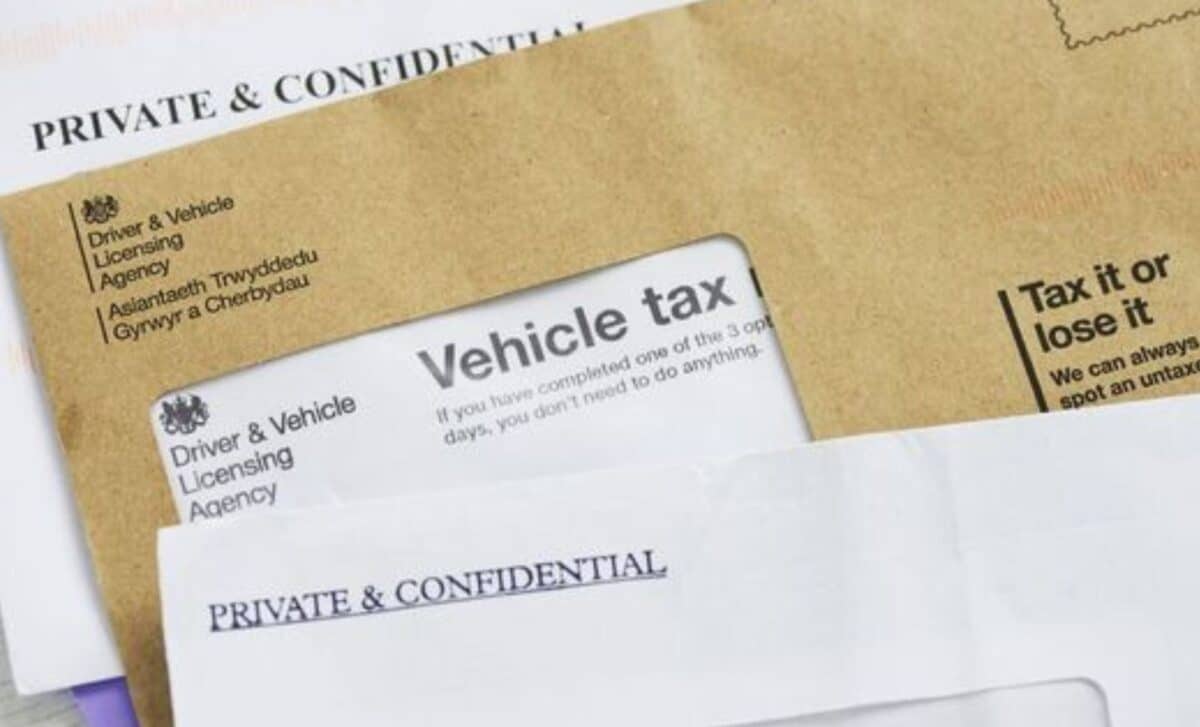British drivers are being informed about significant car tax changes coming next year, which could result in them paying hundreds of pounds more to continue driving their vehicles.
Since the pandemic, driving expenses have gone up, with rising vehicle insurance rates, variable fuel costs, and annual car tax increases.
New VED Rules: British Drivers to Pay for Electric Cars from 2025
Starting April 1, 2025, motorists with electric cars will have to pay Vehicle Excise Duty (VED), just like those who drive petrol and diesel cars. Former Chancellor Jeremy Hunt explained that this change aims to make motoring taxes fairer for everyone using the roads, as reported by GB News.
The new rules will get rid of band A in the current VED system, which is now £0, and will start charging motorists every year.
For electric and low-emission cars registered from April 1, 2025, owners will pay the lowest vehicle tax in the first year, with the standard rate kicking in from the second year.
At the moment, the standard rate for 2024 is £190, though this might change in April 2025 depending on inflation.
Electric vehicles registered between April 1, 2017, and March 31, 2025, will also need to pay the £190 standard rate starting in April 2025.
Zero-emission cars registered between March 1, 2001, and March 31, 2017, will move into the first VED band with a fee, currently set at £20, though this may increase next year.
New Electric Car Owners to Face Higher Taxes
Owners of new electric cars priced above £40,000 will now face the expensive car supplement starting from their second tax year. This adds an extra £410 annually for five years, beginning with the first tax payment when the vehicle is one year old.
Erin Baker, editorial director at Auto Trader, mentioned that the luxury car tax likely hasn’t affected motorists since 2017, but this could soon change.
She added: “With two-thirds of all electric vehicles having a price point of over £40,000 this will make switching to a zero-emissions vehicle less appealing knowing that road taxes are higher, on top of the initial investment.
“However, for drivers that are looking at making the switch to an electric vehicle over the next few years and are concerned about not only the upfront cost as well as the newly implemented vehicle tax costs, car leasing is a good option to consider.”
The expert emphasised that electric vehicles help motorists by lower ownership expenses and being more economical than fuel vehicles.
While the cost of new electric vehicles has decreased, many drivers may still have to pay more than £40,000, particularly if they want to accommodate their family and have more mileage.









